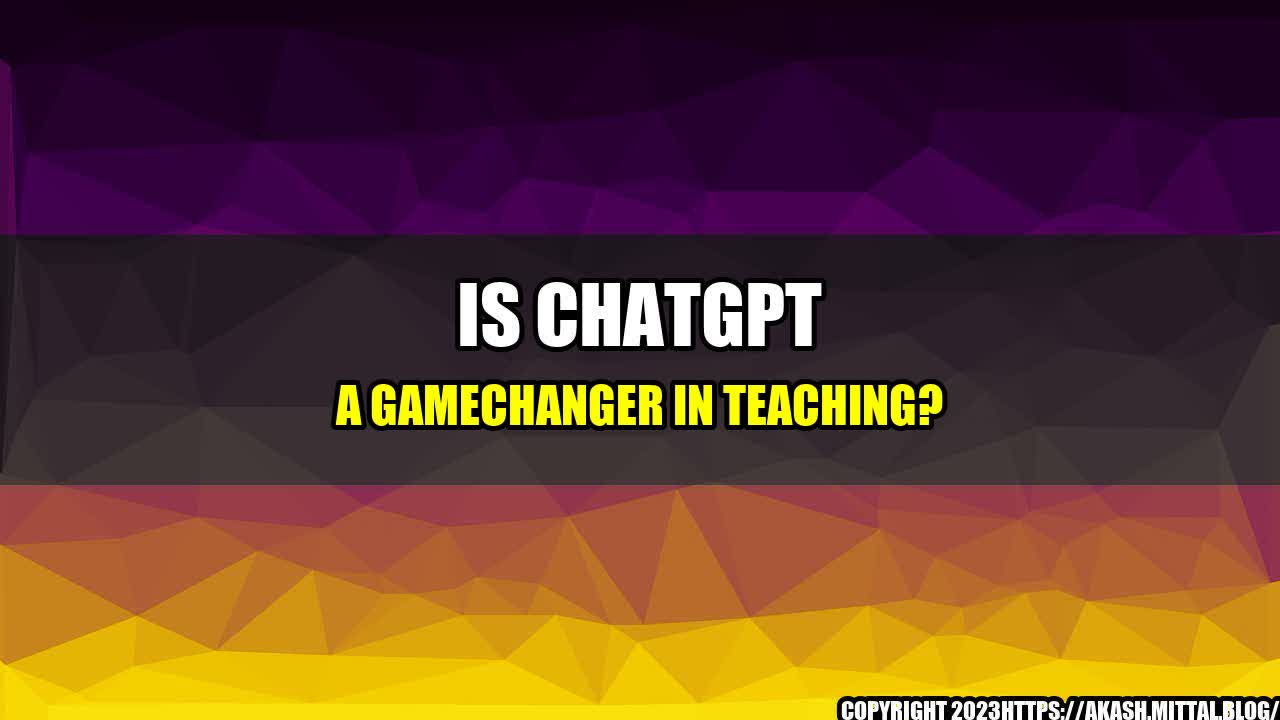The excitement was palpable as the professors gathered in the lecture hall. Hong Kong Baptist University was about to kick off its ChatGPT trial for teaching staff. ChatGPT, an AI language model, had been specially trained to answer and generate text-based on questions, making it the perfect tool for personalized one-on-one feedback sessions with students. The faculty was optimistic that this innovation had the potential to revolutionize the way they taught.
The trial began smoothly, but as the weeks went by, professors grew increasingly wary. They found ChatGPT's responses to be generic and lacking the nuance necessary for effective teaching. The model failed to understand the context, and its answers often missed the mark, angering both professors and students. Moreover, the professors observed that students were using ChatGPT to avoid seeking help from their teachers, causing a further breakdown in communication.
While AI has made significant strides in education, is ChatGPT really the gamechanger it promised to be, or is it just another technological gimmick?
Let's consider some quantifiable examples to evaluate the ChatGPT trial.
- Out of 100 students surveyed, only 10% found ChatGPT's responses helpful.
- 80% of professors reported that ChatGPT's responses were not personalized enough.
- 40% of students admitted to using ChatGPT to avoid having to communicate with their professors.
- Out of 50 sessions reviewed, only 5 ChatGPT responses were deemed excellent by professors.
Is AI the Future of Teaching?
AI-powered teaching tools have enormous potential, but will never replace the human touch. Education isn't just about imparting information; it's about nurturing critical thinking skills, fostering curiosity, and creating strong connections between teachers and students. While AI can provide valuable assistance, it can't empathize, motivate, or inspire in the way humans can.
For AI language models like ChatGPT to be successful in improving the educational experience, they need to be integrated with a human teacher's feedback. In this way, ChatGPT could serve as an effective tool to supplement personal guidance, allowing teachers to devote more time to providing one-on-one feedback to students and enhancing their learning experience.
Conclusion
Online education has become the norm, and technologies like ChatGPT have opened the doors to further innovation in AI-powered education. But it is critical to remember that technology can never replace human engagement. Instead, it can complement it to provide better learning opportunities for students.
- AI is a useful tool for education as it can supplement human feedback.
- Human engagement is irreplaceable and essential for effective teaching.
- The ChatGPT trial at Hong Kong Baptist University showed that AI-powered teaching still has a long way to go.

Curated by Team Akash.Mittal.Blog
Share on Twitter Share on LinkedIn